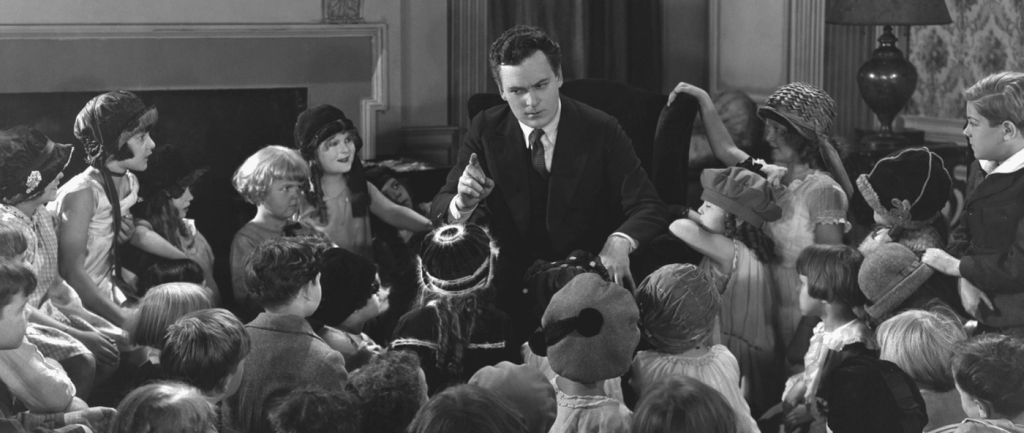We writers get all wrapped up in point of view, but often forget the more important part of narration: the narrator himself.
The Narrator
Literature is the written form of storytelling, and as such needs a storyteller — or in literary speak, a narrator.
Who is the person who is telling the reader your story? Point of view is only part of the picture.
It seems to me, writers mostly unconsciously decide who the narrator is while focusing on point of view and voice.
Instead the writer should first ask himself, or herself, the question: who is telling this story? The answer to that question will help to decide voice and point of view.
The Rocheport Saga
In my post-apocalyptic series, The Rocheport Saga, the narrator is one of the characters in the story: Bill Arthur. He records in his diary what he thinks is important for us, the reader, to know.
At the outset of writing this series, I made the decision that this would be the story of a man and that he would tell his story himself. Right from the beginning I made the decision as to who the narrator was for my series. After that, I decided on point of view and voice.
The Justinia Wright Mysteries
The Justinia Wright Mysteries are also told by one of the characters: Harry Wright.
Much like John Watson and Archie Goodwin, Harry tells us the story from what he sees, hears, and discovers.
However, he can’t tell us what his sister Tina (Justinia) doesn’t tell him.
Which is a handy way mystery writers can muddle the clues for the reader and make the guessing game a bit more difficult. Because of this, I decided from the outset that the narrator of these mysteries would be the detective’s Watson.
Internal Narrator and the Author
In both of the above series, the narrator tells the story in the first person. They are telling us, the reader, the story directly.
However, that doesn’t of necessity mean the author and the narrator are the same person.
In The Rocheport Saga, Bill Arthur is largely my alter ego. However, in the Justinia Wright Mysteries, I, the author, am not Harry Wright. Who I am is sometimes seen in Harry, and sometimes in Tina.
The External Narrator
When I set about writing the Pierce Mostyn series, I decided the narrator would be more or less outside the narrative, yet tell the story largely from Mostyn’s perspective.
By making the narrator external to the narrative, I feel it imparts some distance between the reader and the story — and hopefully that distance suffuses an element of the mysterious to the tales.
Most writers, it seems, pick an anonymous narrator — whether by design or by default. Others, like Melville, in Moby Dick, tell you upfront who the narrator is. Ishmael is an internal narrator, who is present in the story, but whose real function is to tell us about Captain Ahab and his obsession. In doing so, Melville made the choice between an unreliable narrator, Ahab, vis-a-vis the much more reliable observer, Ishmael.
Summary
By first deciding who is narrating this story and then deciding the point of view, you, the writer, exercise greater control over your narrative and can thereby, hopefully, tell a better story.
Comments are always welcome! And until next time, happy reading — and writing!
Share This!